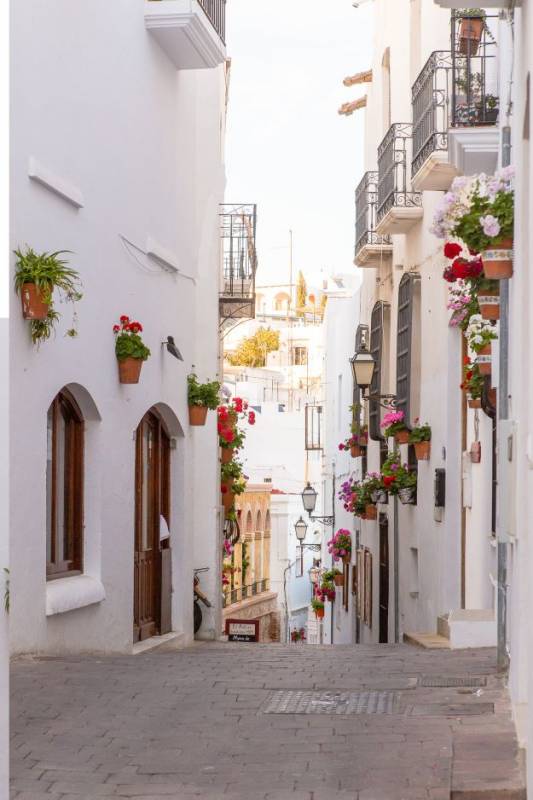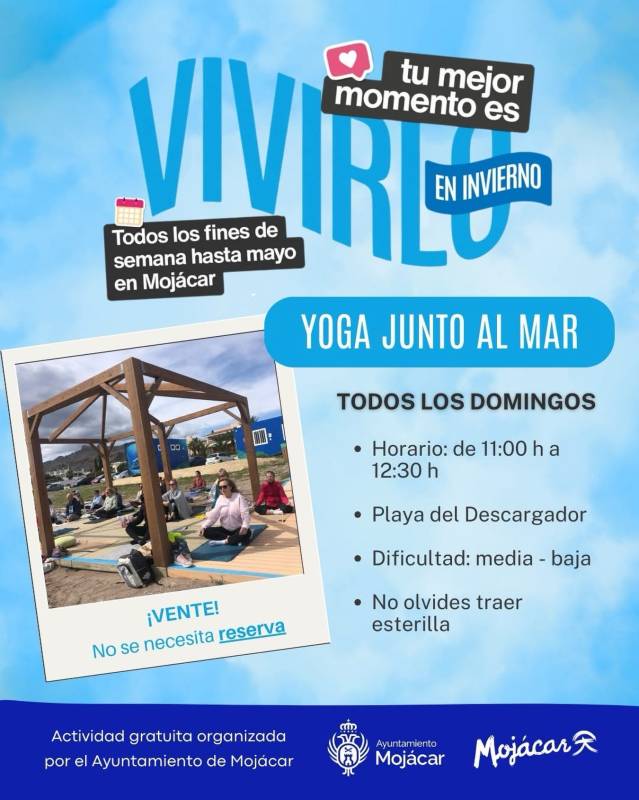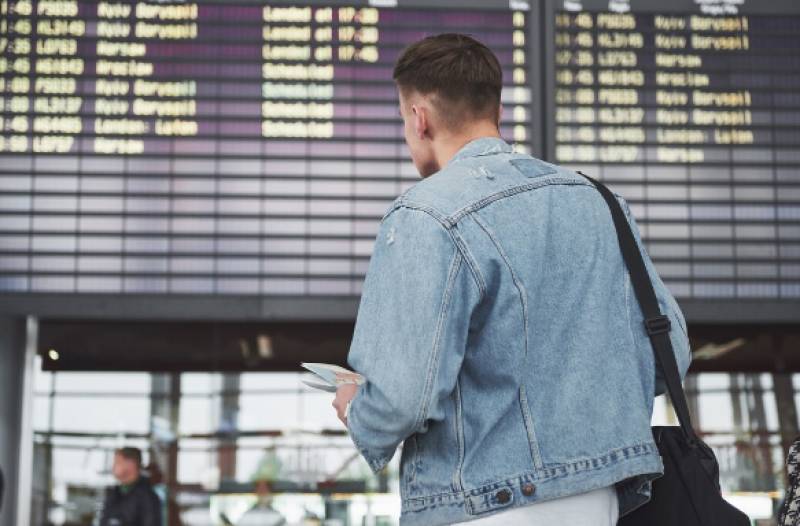

- EDITIONS:
 Spanish News Today
Spanish News Today
 Murcia Today
Murcia Today
 Alicante Today
Alicante Today
article_detail
Date Published: 29/03/2023
Where expats elect: The Almeria towns where foreigners make up one third of all voters
Here’s why British, French and Romanian voters will be key to the Almeria local elections this year
 On Sunday May 28, 2023, municipal elections will be held across Spain to decide the fate of the Town Halls over the next legislature, and it’s not only Spaniards who can vote or run for office.
On Sunday May 28, 2023, municipal elections will be held across Spain to decide the fate of the Town Halls over the next legislature, and it’s not only Spaniards who can vote or run for office.Nationwide, there are around 1 million foreigners registered to vote, but they are mostly spread out and represent a small percentage of the voters in each area.
However, there are certain parts of the country where foreign citizens registered as residents make up a not insignificant percentage of the local population, and in these places the votes of expats and immigrants will be decisive.
These are also the places where foreigners are standing for office themselves, to try and change the way things are done in the place they live.
In Almeria, a total of 481,950 residents in the 103 towns of the province are able to cast their vote, according to the latest update of the Electoral Census Office, of which 12,825 are not of Spanish nationality – 9,633 from countries in the European Union and 3,192 from other countries who are allowed to vote.
This is actually a decline in the number of registered foreign voters from the last elections; there were 16,110 in the 2019 local elections and 14,670 in 2011.
While province-wide, foreigners of all stripes makes up barely 3% of the electorate, there are a few select towns in Almeria where this percentage rises to over ten times that, and local politicians are clamoring to appeal to the expat community for their votes.
Almeria foreign voter numbers at a glance
 The Almeria municipalities with the highest foreign population in relation to the total number of residents are Arboleas, Partaloa and Bédar. In these small towns, more than half of those registered on the census hail from other countries – mainly British, but also Belgian, French and Dutch – and it’s estimated that, once the electoral roll is updated, they will make up a third of the total voters this May.
The Almeria municipalities with the highest foreign population in relation to the total number of residents are Arboleas, Partaloa and Bédar. In these small towns, more than half of those registered on the census hail from other countries – mainly British, but also Belgian, French and Dutch – and it’s estimated that, once the electoral roll is updated, they will make up a third of the total voters this May.Arboleas has 525 potential voters of other nationalities and 1,235 Spaniards, which means 30% of voters will be foreigners. In Bédar, the percentage is the same, with 164 foreigners out of an electorate of 545 potential voters. And the town with the highest proportion is Partaloa, with 35% of all voters coming from other countries: 169 out of 476.
It is small rural villages such as these where the foreign immigrants are helping to battle the tide of depopulation suffered by so many Spanish towns.
Elsewhere, Mojácar has 20% (783 out of about 4,000); Zurgena has 19% (323 out of 1,724) and Albanchez has 18% (85 out of 472).
In absolute terms, Roquetas de Mar and El Ejido are the municipalities with the highest number of residents of other nationalities that can participate in the 2023 municipal elections, with 3,441 and 1,111 voters respectively, although they only represent 5.5% and 2.3% of the total electoral roll.
Including the 3,192 residents in Almeria capital from other non-European countries, the distribution of voters of foreigners settled in the province is as follows:
- 6,118 from Romania
- 3,012 from the United Kingdom
- 622 from France
- 571 from Germany
- 456 from Italy
- 397 from Belgium
- 338 from Bulgaria
- 326 from Lithuania
- 298 from the Netherlands
- 162 from Ireland
- 113 from Portugal
- 70 from Poland
- 67 from Colombia
- 60 from Ecuador
- 38 from Sweden
- 30 from Peru
- 22 from Paraguay
- 22 from Austria
- 19 from Hungary
- 19 from Denmark
- 14 from Bolivia
- 9 from Chile
- 8 from the Dominican Republic
- 6 from Finland
- 5 each from Greece and Latvia
- 2 each from Slovenia and Luxembourg
- 1 each from Croatia, Cape Verde, Malta, Norway and Cyprus
What (and who) Almeria expats are voting for
Given this, it’s unsurprising that politicians in Almeria province are trying to appeal to the expat community by prioritising the issues that are important to them.
Parties across the political spectrum have been integrating foreign residents into their candidacies and in their ways of doing politics for over two decades now.
For example, in the 2019 municipal elections, five of the nine candidates of the Partaloa Electoral Grouping had a nationality other than Spanish. In Arboleas, the independent Rodney Denis Webster led the PP candidacy and for the last three legislatures they have had Englishman Mark Gavin Daniel at the head of the Department of Linguistic Integration and Translations.
And it is precisely this – linguistic and intercultural integration to make foreigners feel welcome and to make their lives in Spain easier and more comfortable – that is top of the list for what expats want.
Roads, quality healthcare and education services are all important, of course, but the Almeria parties in small towns and villages who are most able to include foreigners in their daily lifeblood, rather than shunning them and marginalising them from Spanish affairs, will come out on top this May.
Images: Archive
staff.inc.and
Loading
Sign up for the Spanish News Today Editors Roundup Weekly Bulletin and get an email with all the week’s news straight to your inbox
Special offer: Subscribe now for 25% off (36.95 euros for 48 Bulletins)
OR
you can sign up to our FREE weekly roundup!
Read some of our recent bulletins:
Discount Special Offer subscription:
36.95€ for 48 Editor’s Weekly News Roundup bulletins!
Please CLICK THE BUTTON to subscribe.
(List price 3 months 12 Bulletins)
Read more stories from around Spain:
Contact Murcia Today: Editorial 000 000 000 /
Office 000 000 000


















